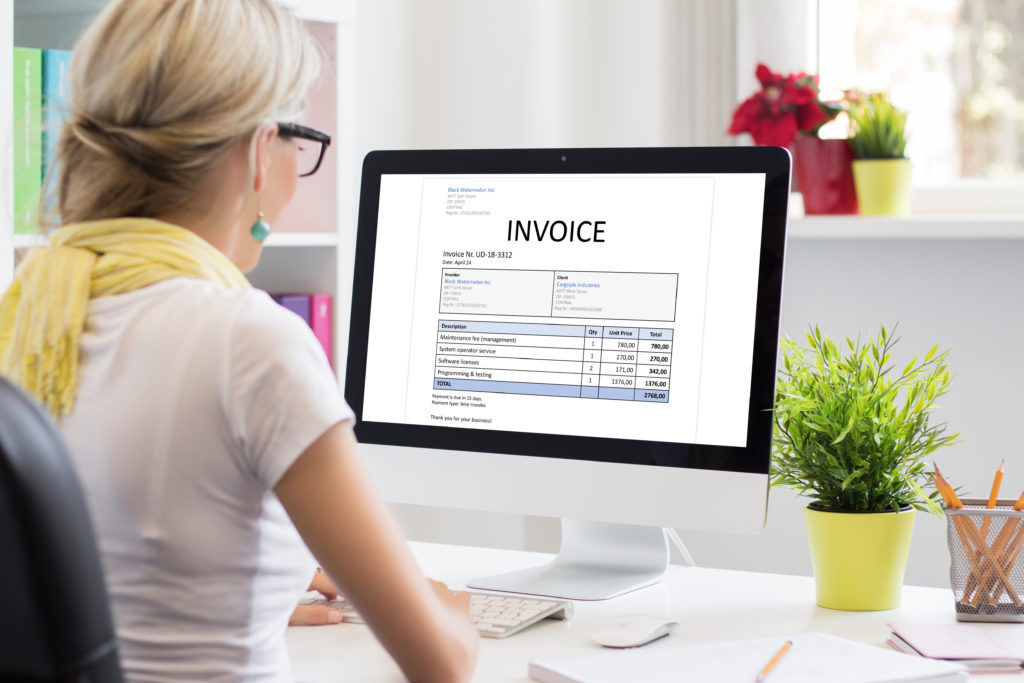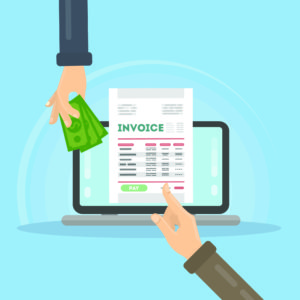
Business owners have several options when it comes to financing. Bank loans are probably the most commonly known and sought out. Another type of financing is Factoring, or Invoice Factoring. Here’s a Factoring 101 course in what it is and how it works.
Invoice Factoring is a financial transaction and a type of debtor finance. Basically, a business sells its accounts receivables (invoices) to a third party (often called a Factor) for a fee. This fee is the amount the factoring company charges for the money advanced for factored invoices. Typically this is a percentage of the face value of the invoice and may be structured to meet the Client’s needs.
The third party lender, or factoring company, is then responsible for collecting on the invoices, while the business now has the working capital it requires to meet its needs.
A business will sometimes factor its receivable assets to meet its present and immediate cash needs. It might also factor their invoices to mitigate credit risk.
Factoring goes by many names. Other terms for it include accounts receivable factoring, invoice factoring, invoice financing, accounts receivable financing, or alternative financing.
IS INVOICE FACTORING A LOAN?
Technically, invoice factoring is not a loan. Rather, you sell your invoices at a discount to a factoring company in exchange for a lump sum of cash. The factoring company then owns the invoices and gets paid when it collects from your clients or customers.
It’s important to remember that factoring provides a way for businesses to get access to necessary financing in order to stabilize their business and grow. Some of the most common examples we see with clients are when they have clients that have longer pay cycles, so it might be 45, 60, or even 90 days before a business gets paid. This means that payroll might be due, or suppliers might be owed money. Factoring can provide the working capital these businesses need in order to continue paying employees and stay in business.
EXAMPLE: FACTORING IN ACTION
Hypothetically, let’s say you own a hardware store and sell goods to another business, creating a $10,000 invoice. Your client agrees to pay off its invoice in 45 days, but you need the cash next week to pay your employees. Suddenly, you have a cash shortfall.
You could turn to a traditional bank for a loan, but it likely would require strong personal credit, collateral, a record of growth, or even a physical asset such as real estate that the lender could sell if you default. Or, maybe you qualify, but can’t wait several months for the loan to close. In this example, invoice factoring is the ideal solution to keep your employees paid and your business open.
There are many different scenarios where businesses might find themselves in need of additional financing in order to make ends meet, increase production or product lines, or invest in their growth. If you have one in mind and want to learn more about our factoring services, Contact Primary Funding today!

